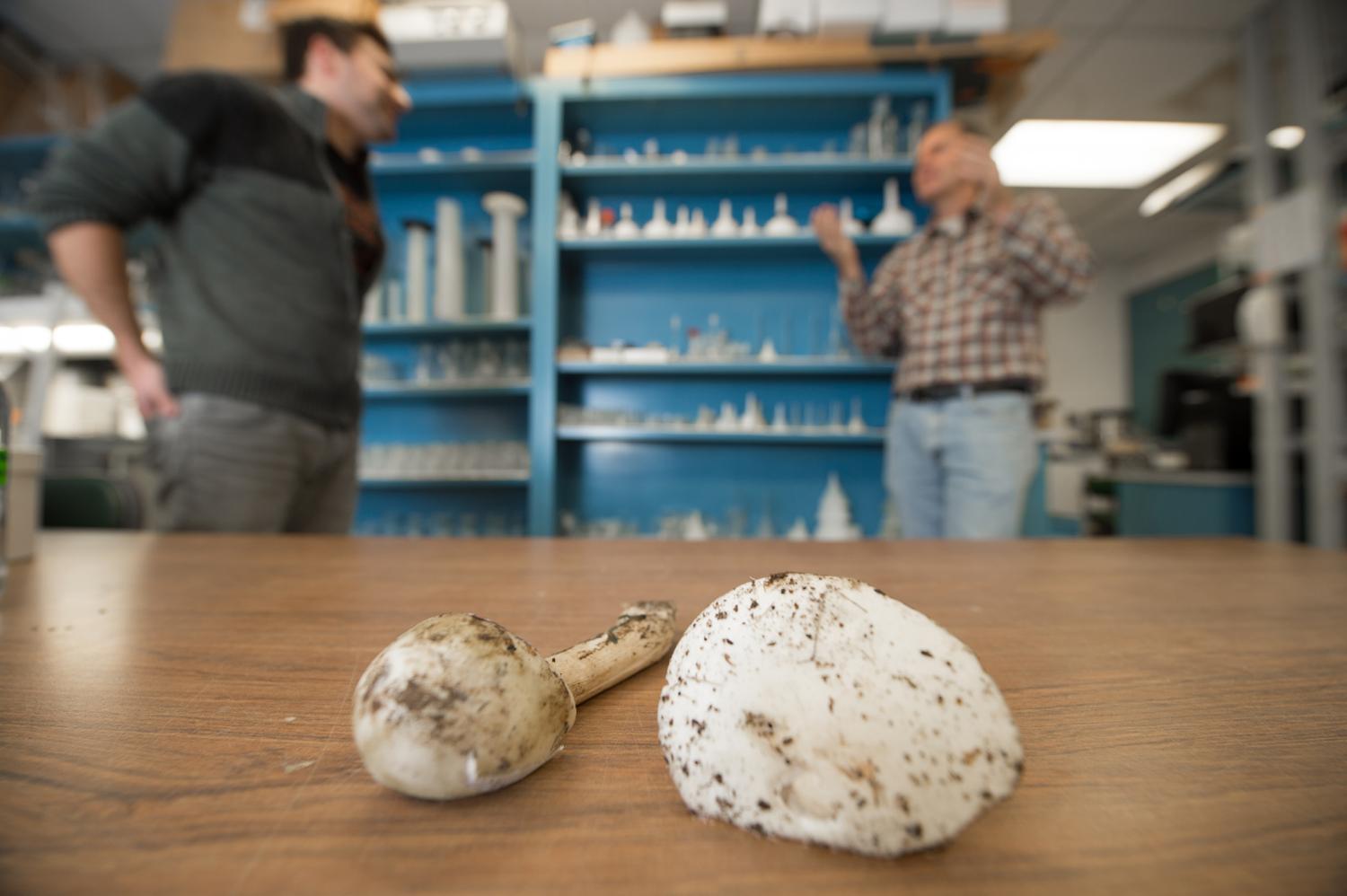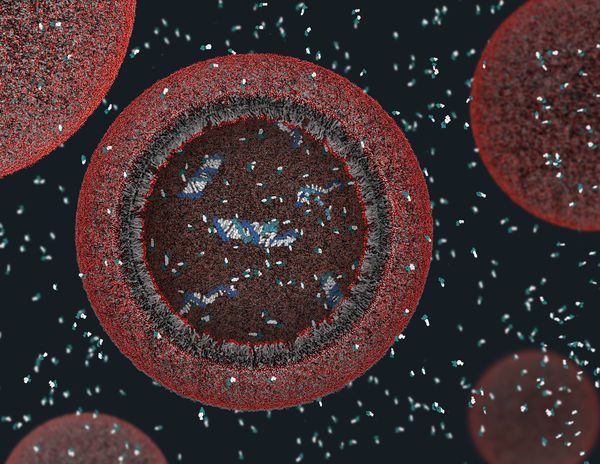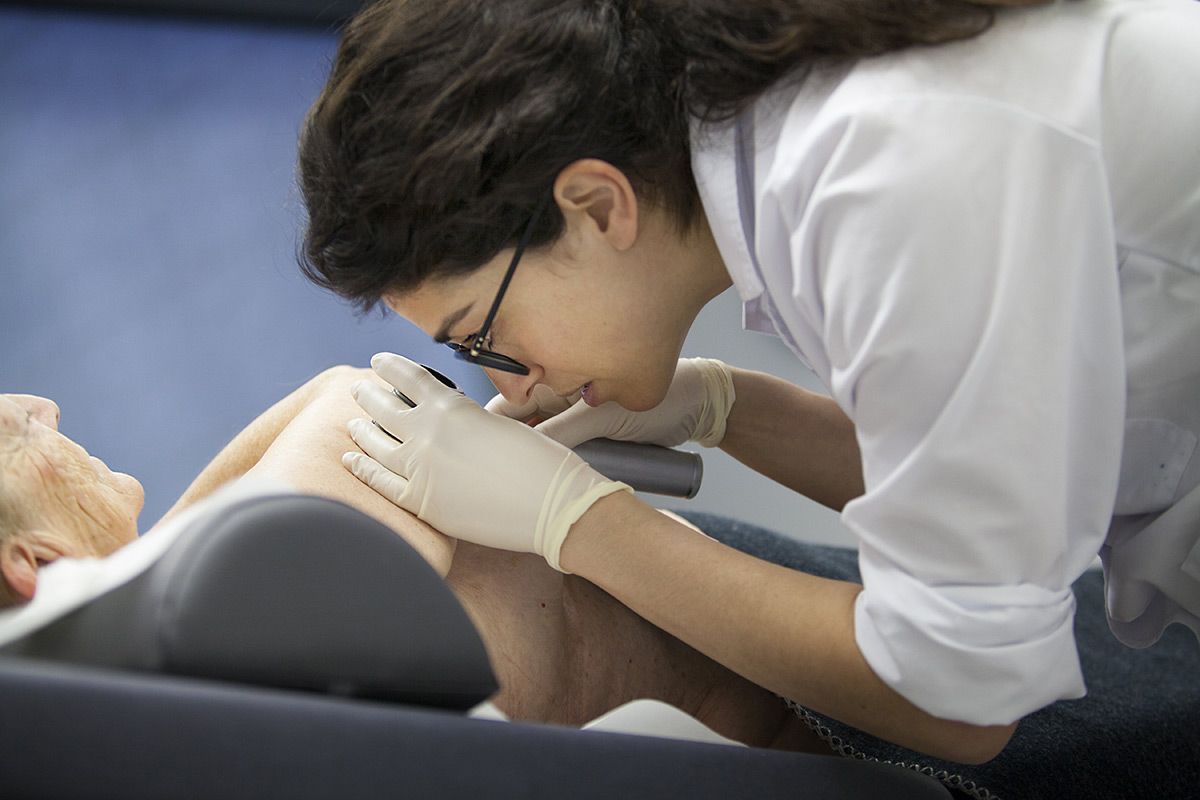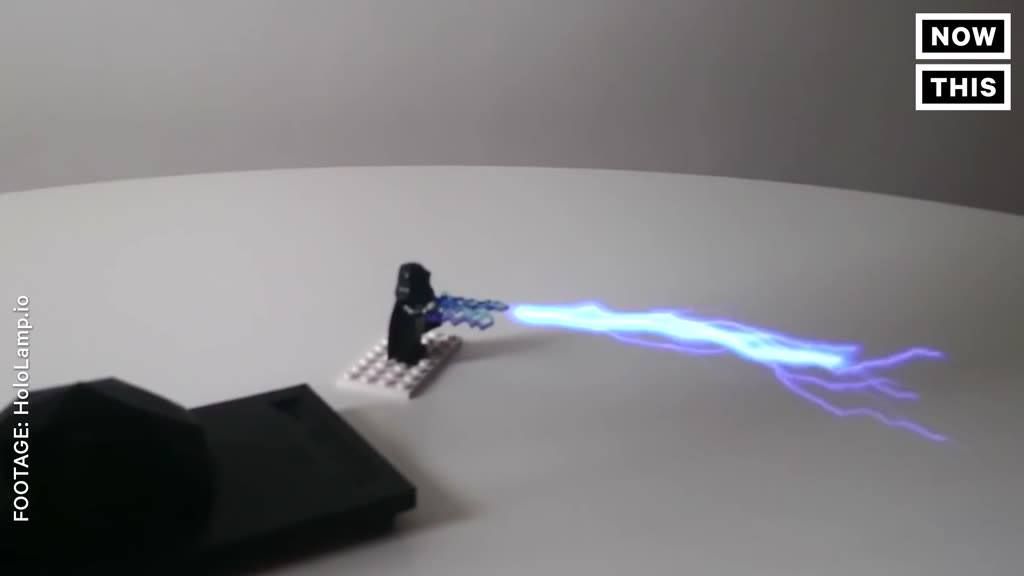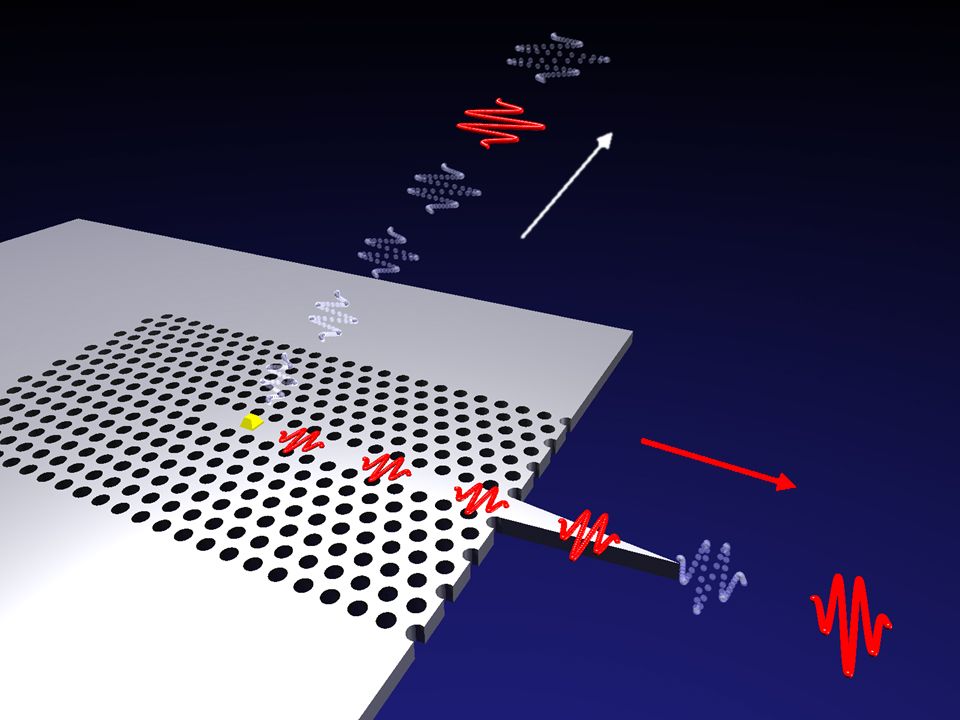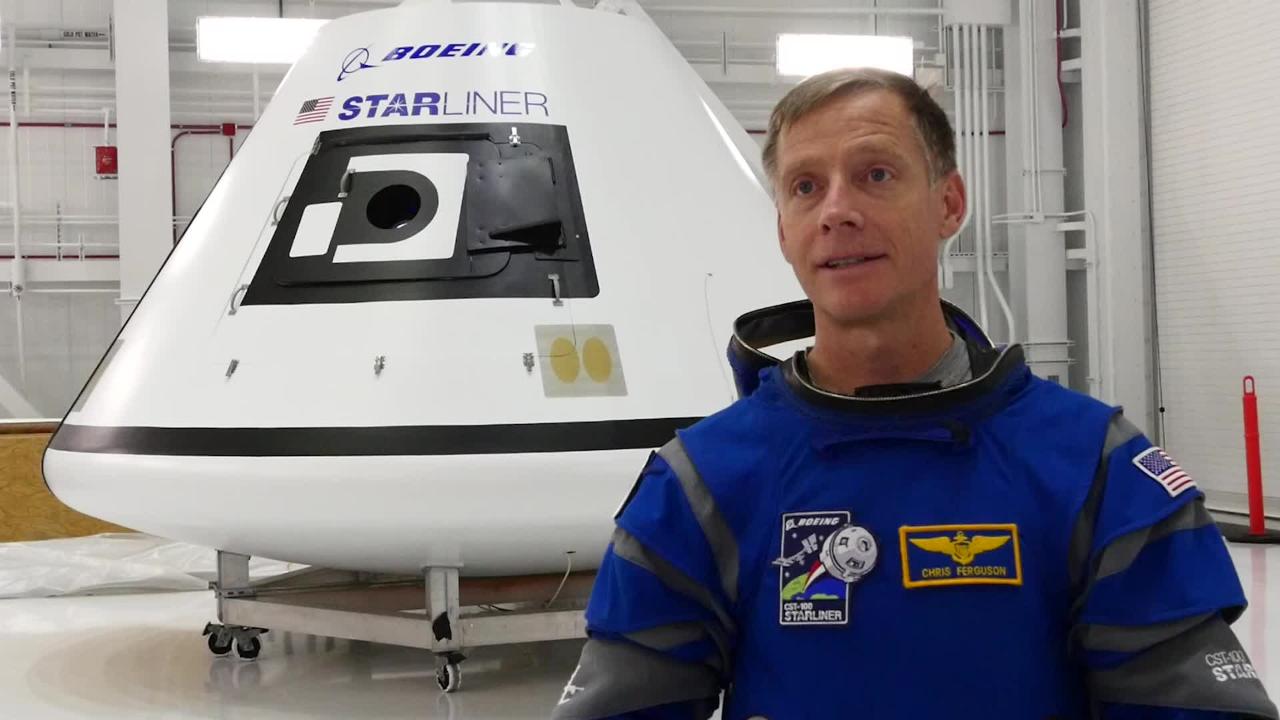Jan 25, 2017
Bioprinting Human Skin Cuts the Time Needed from Weeks to Minutes
Posted by Steve Hill in categories: 3D printing, bioengineering, bioprinting, biotech/medical
More progress for tissue engineering.
Skin is one of the easier starting points for 3D bioprinting, the application of rapid prototyping technologies to the construction of living tissue. Since skin is a thin tissue, the challenging issue of producing the intricate blood vessel networks needed to supply inner cells with oxygen and nutrients can be skipped. Thin tissue sections can be supported in a suitable nutrient bath, and after transplant, patient blood vessels will grow into the new skin. Further, there is a fairly large and long-established research and development industry involved in various forms of skin regeneration. Numerous forms of prototype skin-like tissues have been created over the years, lacking many of the features of the real thing, but still useful in the treatment of, for example, burn victims. Further, skin structure is by now well understood, and considerable progress has been made in deciphering the signals and environment needed for suitable cells to self-assemble into the correct arrangements. All told, it should not be a complete surprise to see significant progress emerge in this part of the field.

